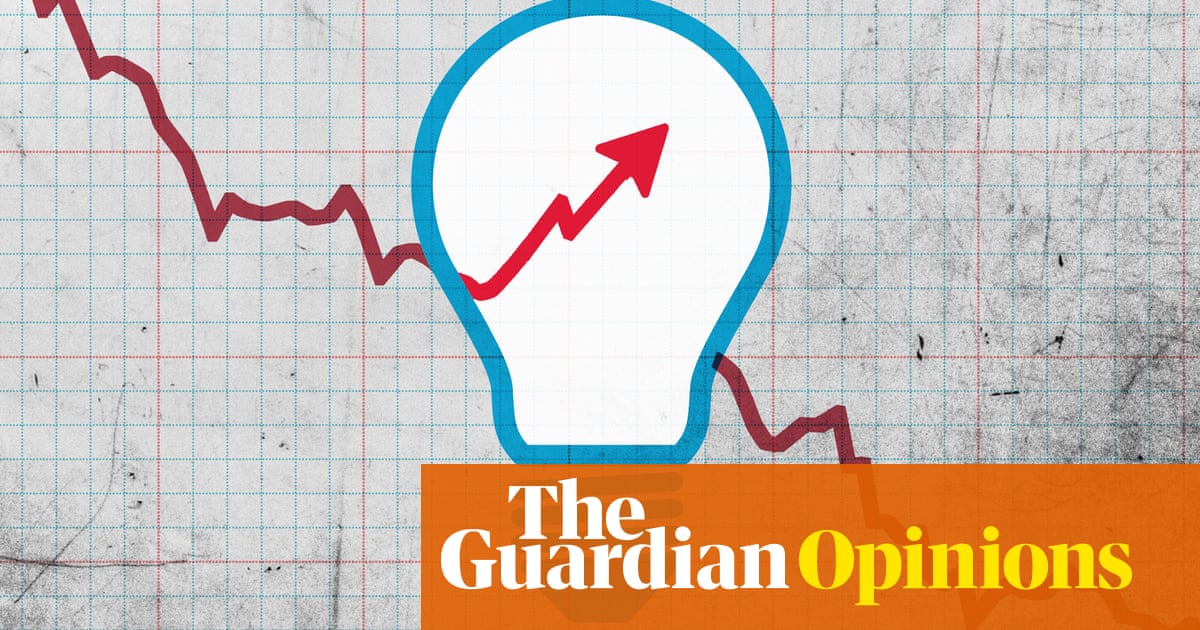
lack Friday is here once again, and bargains abound. With widespread lockdowns preventing crowds at brick-and-mortar stores, online sales are expected to soar. One merchant, in particular, stands to profit greatly: Amazon’s chief executive, Jeff Bezos, the world’s richest man, at the helm of one of the world’s most powerful companies.
But this year’s Black Friday not only presents an opportunity for Bezos to make extraordinary pandemic profits. It also marks the arrival of a new global movement linking warehouse workers, environmental activists and advocates for racial, tax, and data justice around the world in a common mission to #MakeAmazonPay.
This movement begins in Amazon’s own warehouses. While Bezos’s wealth has risen by more than $70bn (£52bn) since the onset of the pandemic, Amazon workers have put their health at risk daily with only marginal increases in pay. The corporation is said to monitor its warehouse workers, sanctions them whenever their productivity drops and has spied on their efforts to organise. The result: claims that workers have been forced to urinate in bottles for lack of adequate break-time (Amazon has disputed such claims), thousands of Covid infections and claims of inadequate worker protections. Bezos could pay each of his 876,000 employees a $105,000 (£79,000) bonus – and still be as obscenely rich as he was before the pandemic broke out.
The impact of Amazon’s exploitative practices are felt across the planet. In spite of Bezos’s philanthropic commitments to climate causes, his corporation’s carbon footprint continues to swell, up 15% from 2018 to 2019 alone. Today, Amazon’s carbon emissions are greater than those of two-thirds of the world’s countries. Given the rapid expansion of its shipping networks – and the exponential growth of its cloud computing business, which now accounts for roughly a third of the entire global market – this footprint is likely to grow. Despite a heavy PR campaign to proclaim its climate leadership, Amazon has provided no clear path to decarbonisation; on the contrary, according to Greenpeace, its climate commitments have been undermined by its activities.
In short, Amazon is deep in debt. From public investments in our digital infrastructure to taxpayers’ subsidies from our governments, Amazon’s success is premised on the work and wealth of the societies from which it extracts. But instead of paying back to society, Amazon has starved states of tax revenue, bullied local governments, squeezed small businesses, and flagrantly disrespected people’s privacy and data rights. The tax bill says it all: despite revenues of $960bn in the past decade, the company paid just $3.4bn in taxes. In other words, Bezos spent more on his Beverly Hills mansion ($165m) than Amazon paid in US federal taxes ($162m).
This Black Friday marks a turning point. Linking the struggles of trade unionists, environmentalists and progressive public advocates, a planetary coalition is asserting itself with a set of Common Demands and a global day of action. It is planting a multitude of small axes at the foot of the big tree that is Amazon’s empire.
Today, workers across Amazon’s supply chain – led by organisations such as UNI Global Union, Amazon Workers International, PSI, IndustriALL, the Athena coalition and the International Trade Union Confederation – are demanding justice from the corporation that runs on their energies. From producers in Bangladesh to tech workers in Seattle, from Amazon’s call centre in the Philippines to its warehouses across Europe, a global movement is standing up to make sure Amazon pays its workers properly, respects their right to organise, and builds worker power.
Joining their call are environmentalist groups from across the world, from Amazon Employees for Climate Justice to Greenpeace, 350.org to Les Amis de la Terre, and more. Today, these groups are joining forces to demand that Amazon ends its deals with big oil, delivers on its promise of swift decarbonisation, and pays for the environmental destruction it has caused across the global south.
Stressing Amazon’s profound debts to society, groups such as the Tax Justice Network, Oxfam and Data 4 Black Lives have resolved to make Amazon pay for its abuse of our public institutions. This coalition of social justice advocates is demanding an immediate end to Amazon’s violations of civic and privacy rights through mass surveillance and collaboration with police forces that stand accused of racial violence.
This Black Friday action, then, is both a warning and an invitation.
Standing together, this coalition puts Amazon on notice: the days of impunity are numbered. Through strikes, boycotts and solidarity actions, people are ready to fight Amazon’s malpractice and defend the rights of workers, citizens and frontline communities bearing the burden of environmental breakdown.
But today’s actions are just the beginning: an invitation to people across the world to join the movement to Make Amazon Pay. Because the day after Black Friday will be no different than the day before it: the fight will go on – and to succeed, it will need every one of us behind it.
• Casper Gelderblom is coordinator at the Progressive International and a PhD researcher at the European University Institute












